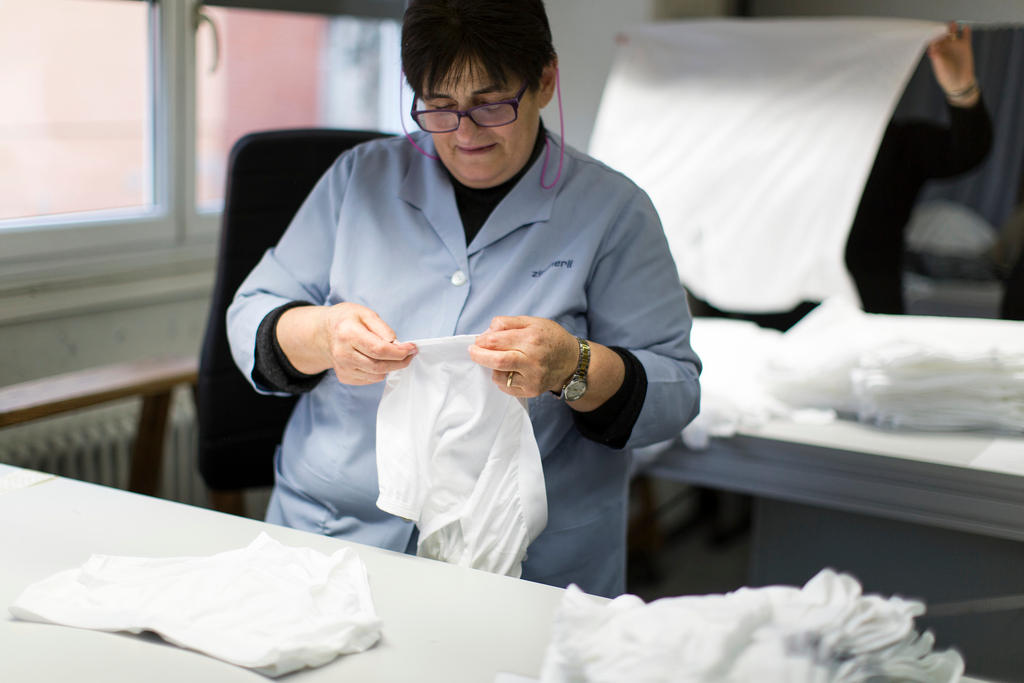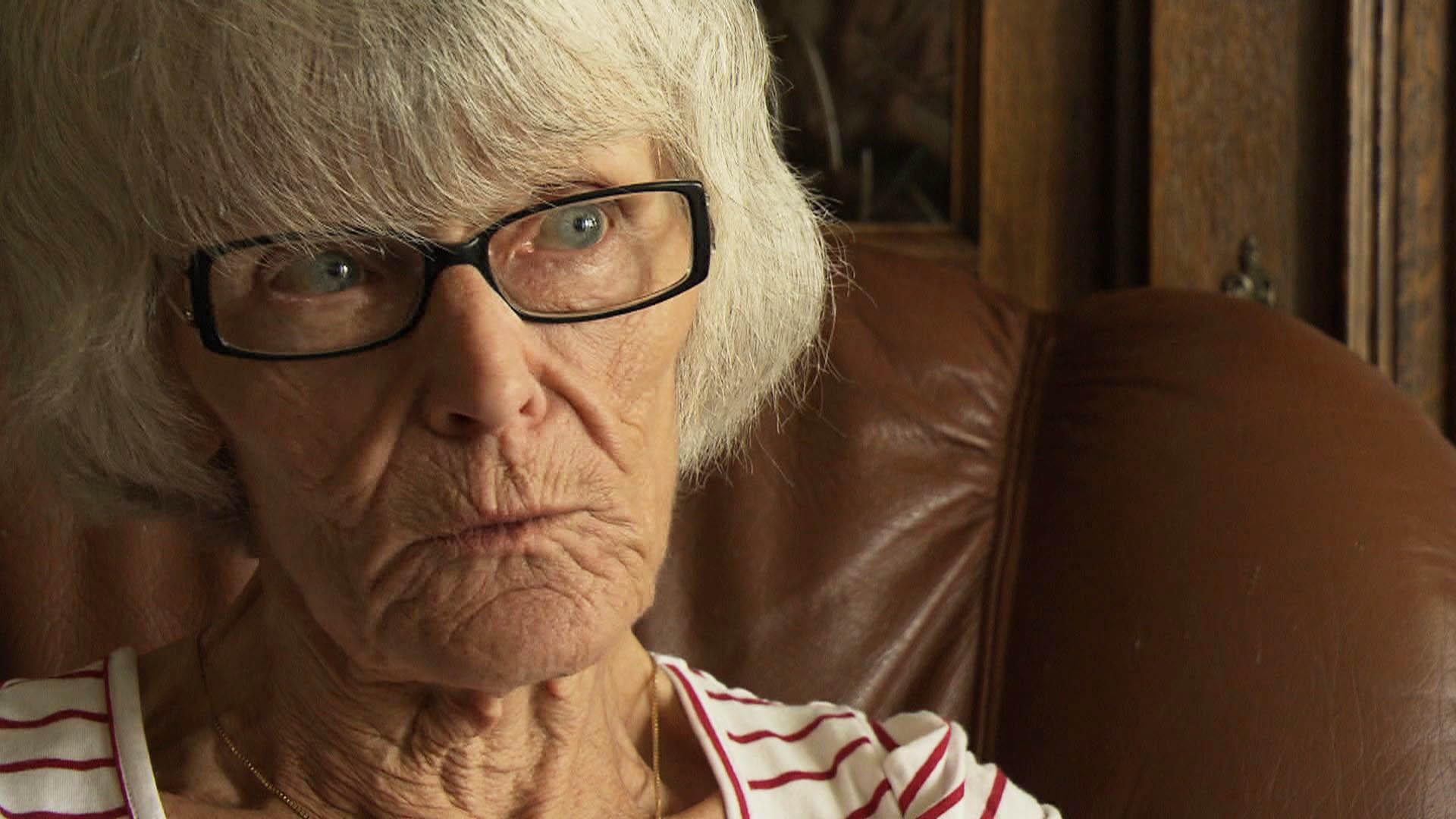Swiss pension reform on target

The number of retirees is growing, which puts a strain on pension funding. Over the past 20 years, attempts to reform Switzerland’s 100-year-old social institution have always failed. Now the House of Representatives has hammered out some changes. For example, the retirement age for women will be increased from 64 to 65.
As baby boomers reach retirement age, pension expenses are on the rise – increasing the financial pressure on those still working. Around 50 years ago, there were just two pensioners for every ten workers; today there are nearly three, and forecasts say it’ll be four by 2030. This will make financing pensions problematic. By 2030, the old-age and survivors’ insurance (Pillar 1) could experience a financing gap of about CHF8 billion ($8.3 billion) per year. The second pillar (occupational pensions) is also groaning under increasing life expectancy and low interest rates on pension fund investments.
How can the hole be filled?
It is indisputable that pensions are no longer “grandchild-friendly” and reforms are essential. There is broad consensus that the performance level of the first and second pillars should be maintained. The political dispute is fuelled by the question of who should pay how much. Specifically: Should people work longer and draw pensions for a shorter time, or should tax money be used to fill the gap?
During the autumn session, the House of Representatives made important decisions, such as raising the retirement age to 65 for women, to match their male counterparts. Because the Senate had already advocated this decision, now it can only be overturned by the people.
Smaller pensions
Another measure is cuts in occupational pension plans by reducing the so-called conversion rate from 6.8 to 6%. For an insured person with a pension capital of CHF100,000, the decision means he’ll get CHF6,000 rather than CHF6,800 per year.

More
Why so many Swiss OAPs live below the breadline
In principle, leftwing parliamentarians protested against pension cuts and have threatened to initiate a referendum if the cuts are not compensated. In the past it’s been clear that voters don’t appreciate reduced pensions. To compensate for the reduction in occupational pension schemes, the Senate had decided to increase state pensions by CHF70 per month. The House of Representatives rejected this increase with reference to the recent referendum. On September 25, 2016, the people clearly rejected a 10% increase in state pensions.
Higher contributions from the young
Whether and how the second pillar pension cuts are to be compensated for is still open. The House of Representatives has decided by a narrow margin for a model which provides for compensations within the second pillar. The uninsured wage share (coordination deduction) should be abolished. Moreover, young employees should have to contribute more of their wages to fund their retirement.
Retirement at 67?
The House of Representatives also approved a so-called debt brake. Once the state pension gets into financial difficulties, the retirement age is expected to rise automatically and progressively up to the age of 67. What the rightwing sees as a last resort is a nail in the coffin for the centre-left because the voters are not going to agree. Even bourgeois parliamentarians seem to share these concerns. In order not to sink the reform package with this plan, the chamber decided to outsource the debt brake via a separate template. So voters will decide separately on pension reform and the debt ceiling.
Adapted from German by Susan Misicka

In compliance with the JTI standards
More: SWI swissinfo.ch certified by the Journalism Trust Initiative











You can find an overview of ongoing debates with our journalists here . Please join us!
If you want to start a conversation about a topic raised in this article or want to report factual errors, email us at english@swissinfo.ch.